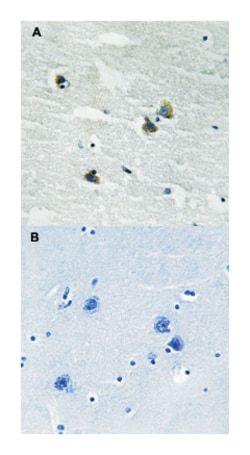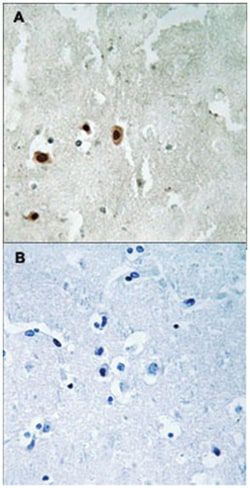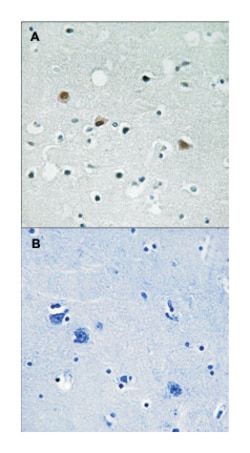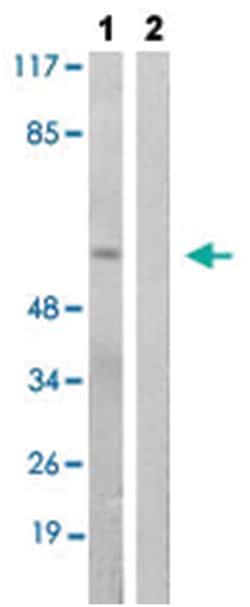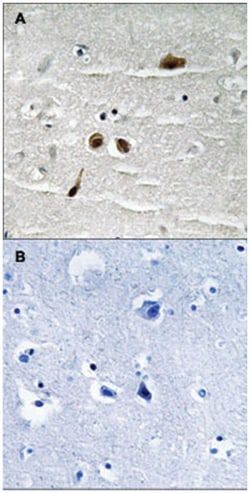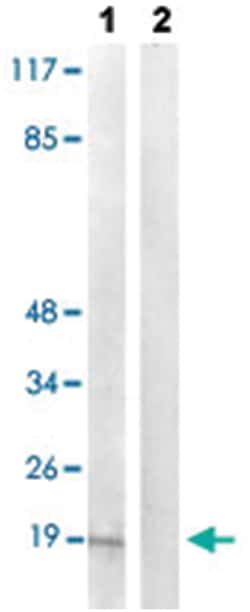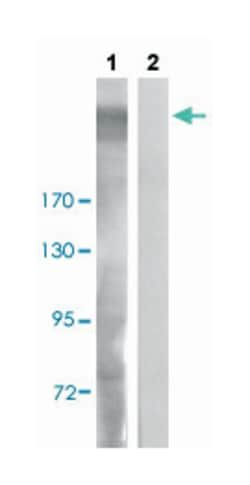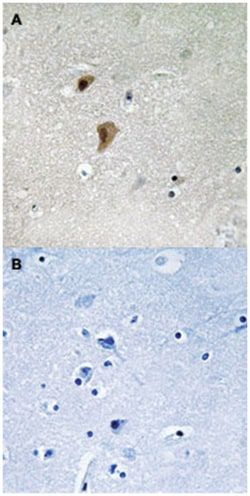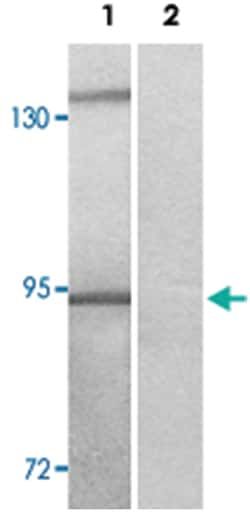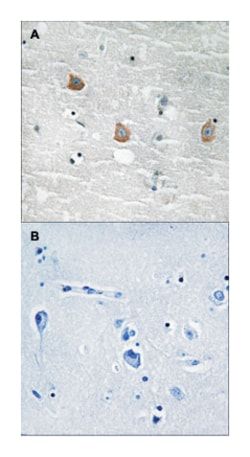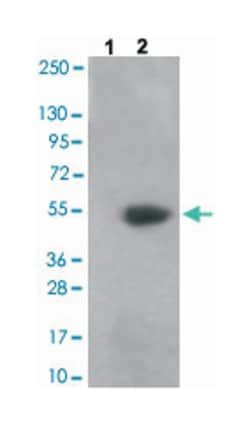PLD2, Rabbit, Polyclonal Antibody, Abnova™
Manufacturer: Abnova Corporation
Select a Size
| Pack Size | SKU | Availability | Price |
|---|---|---|---|
| Each of 1 | 89-130-688-Each-of-1 | In Stock | ₹ 59,541.00 |
89-130-688 - Each of 1
In Stock
Quantity
1
Base Price: ₹ 59,541.00
GST (18%): ₹ 10,717.38
Total Price: ₹ 70,258.38
Antigen
PLD2
Classification
Polyclonal
Description
Rabbit polyclonal antibody raised against synthetic phosphopeptide of human PLD2.
Formulation
In PBS, pH 7.4 (without Mg2+and Ca2+), (50% glycerol, 0.02% sodium azide)
Gene Symbols
PLD2
Immunogen
Synthetic phosphopeptide (conjugated with KLH) corresponding to residues surrounding Y169 of human PLD2.
Quantity
100 μL
Primary or Secondary
Primary
Test Specificity
This antibody detects endogenous levels of PLD2 only when phosphorylated at tyrosine 169.
Content And Storage
Store at -20°C.Avoid repeated freezing and thawing.
Applications
Immunohistochemistry (PFA fixed), Western Blot
Conjugate
Unconjugated
Dilution
Immunohistochemistry (1:50-1:100) Western Blot (1:500-1000) The optimal working dilution should be determined by the end user.
Gene
PLD2
Host Species
Rabbit
Purification Method
Affinity purification
Regulatory Status
RUO
Gene ID (Entrez)
5338
Target Species
Human, Mouse, Rat
Form
Liquid
Description
- Phosphatidylcholine (PC)-specific phospholipases D (PLDs; EC 3.1.4.4) catalyze the hydrolysis of PC to produce phosphatidic acid and choline
- Activation of PC-specific PLDs occurs as a consequence of agonist stimulation of both tyrosine kinase and G protein-coupled receptors
- PC-specific PLDs have been proposed to function in regulated secretion, cytoskeletal reorganization, transcriptional regulation, and cell cycle control.[supplied by OMIM
